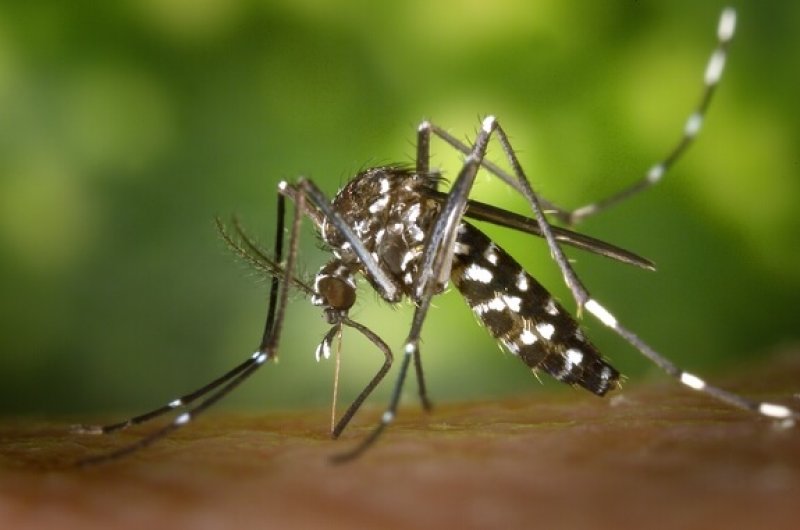The GLP aggregated and excerpted this blog/article to reflect the diversity of news, opinion and analysis.
As the Zika virus epidemic in the Americas spirals into a full-scale international public health emergency, concerns have emerged that an effective solution to mosquito control using genetically engineered insects is being held up in Brazil due to the government’s failure to address a regulatory technicality about marketing the disease-control product. The Brazilian health minister admitted that Brazil is “badly losing” the battle against Zika, with 220,000 troops drafted in to assist with emergency control measures.
The genetic engineering approach uses specially-bred males that seek out and mate with wild females and pass on an added gene that causes the offspring to die before reaching adulthood. Male mosquitoes do not bite, so there is no chance of increasing the pest population or disease transmission. It is also self-limiting because all the gene-spliced insects die, removing one of the traditional fears expressed about genetic engineering technology.
The technology was developed by the British firm Oxitec, which recently released results from a widespread release of its GE mosquitoes in the Brazilian city of Piracicaba, in Sao Paolo state, which successfully protected 5,000 people by dramatically reducing the population of biting mosquitoes. The mosquitoes targeted, Aedes aegypti, also spread dengue fever and chikungunya disease, neither of which have a vaccine or a cure yet available.
Unfortunately, Brazil’s health surveillance regulator Anvisa has not yet pronounced on the technicality of how to label Oxitec’s product for marketing purposes, potentially holding up further deployment.
Read full, original post: Despite Zika virus emergency, proven control using GM mosquitos held up by Brazilian red tape































